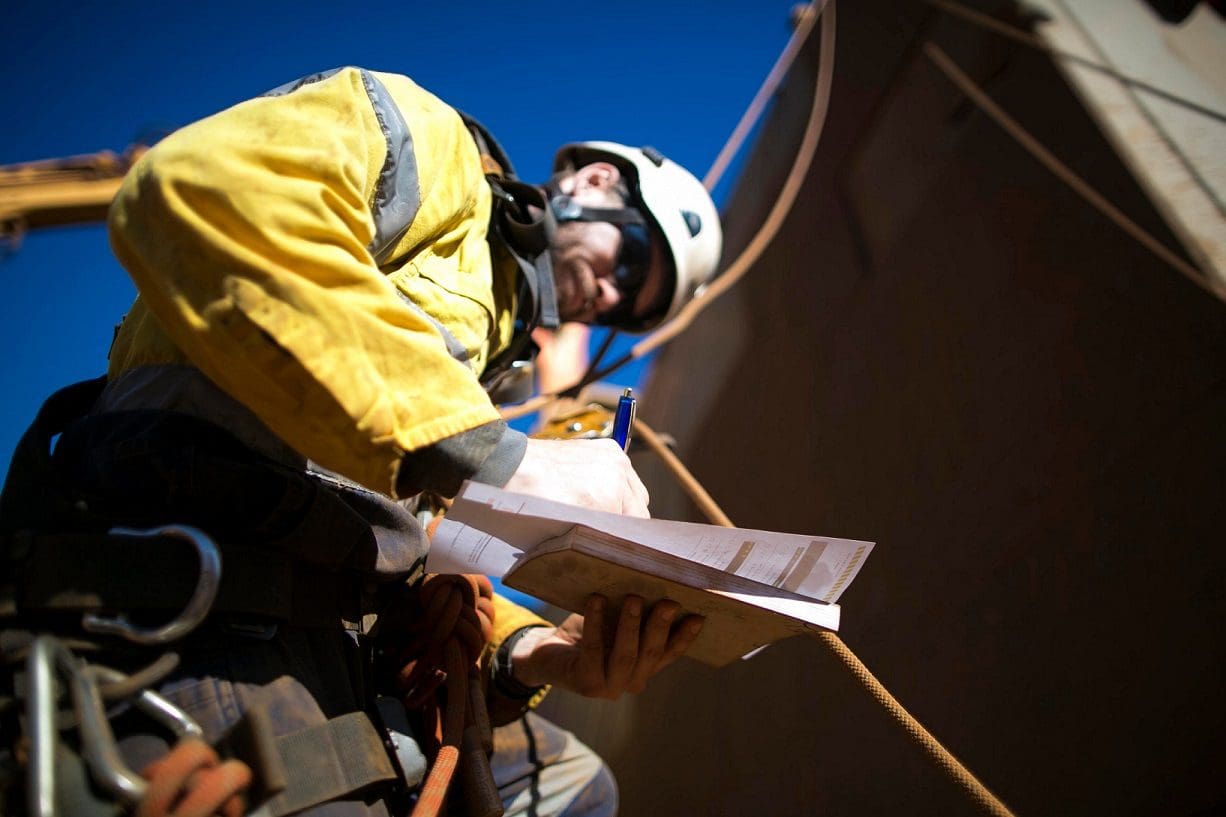
Why Might Non-Compliance Be Overlooked?
You might wonder why non-compliance is sometimes ignored. It often boils down to three main issues: lack of knowledge, neglect, or cost.
Sometimes, the importance of following regulations might be underestimated because the consequences aren’t immediately obvious. You might perceive the issues as minor or too time-consuming to address, or maybe they are repeatedly postponed.
Your business might lack the necessary resources or knowledge to fully comply with complex guidelines. Changes in personnel or a lack of training can make it unclear that non-compliance is already happening.
That’s why it’s crucial to build a culture of accountability and continuous improvement, ensuring that everyone understands the significance of compliance and their role in implementing it, as well as the impact of neglecting it.
What Happens If You Don’t Comply?
The difference between compliance and non-compliance can be as significant as having the right paperwork, equipment, and trained personnel in place, or as seemingly minor as wearing the wrong type of personal protective equipment (PPE) during a lift. Regardless of whether the issue is small or significant, non-compliance can have disastrous consequences.
Legal, Financial and Regulatory Implications
Compliance with industry standards such as LOLER 98 and BS7121, is a legal requirement. Failure to comply can lead to fines, penalties, and investigations. In severe cases, operations might be halted until corrective actions are taken.
- Fines for breaching health and safety and LOLER regulations are now unlimited (previously capped at £20,000).
- Failing to follow LOLER (Lifting Operations and Lifting Equipment Regulations) can result in a prison sentence ranging from 6 months to 2 years, plus fines
Avoid costly mistakes: Ensure compliance with regulations to protect your operations and avoid fines or penalties.
Increased Risk of Accidents and Injuries
The most common risk from non-compliance is preventable accidents and injuries. Lifting loads without the right equipment, training, or procedures significantly increases the likelihood of equipment failure or human error, endangering workers and leading to workplace fatalities.
- In 2023/24, 118 preventable accidents occurred due to falls from height, being struck by moving vehicle or objects, and machinery accidents.
- The construction industry has seen a 70% increase in workplace fatalities since 2020.
Protect your team: Conduct regular safety audits and provide updated training for all employees handling lifting operations. Preventing accidents starts with proactive compliance.
Operational Downtime
An accident in the workplace can delay operations while safety investigations are carried out, sometimes for extended periods. If there is an equipment failure, this can also lead to significant downtime while repairs or replacements are made, resulting in delayed project timelines.
Minimise downtime: Keep lifting equipment properly maintained and train your team to follow safe practices, so you can avoid costly delays and insurance complications.
Reputational Damage
Neglecting lifting standards can harm your company’s reputation. A single, highly publicised incident can deter potential customers, damage existing partnerships, and negatively impact employee recruitment and retention.
Prioritise your reputation: Compliance isn’t just about avoiding fines – it’s about protecting your brand. Public trust is invaluable, and safety is a strong way to build it.
Real-Life Consequences of Non-Compliance
There have been several real-life cases in the UK where breaches of health and safety regulations for lifting operations have led to serious incidents, fines and even fatalities.
- Fatal Lifting Accident in Scotland, 2014: A worker was fatally injured while assisting with lifting operations at a construction site in Scotland, after he was struck by a part of a boom when it detached from a crane. The HSE investigation revealed several issues of non-compliance, including inadequate planning of the operation and insufficient safety procedures. The company was fined £110,000 for failing to comply with health and safety regulations.
- Serious Injury by Lifting Failure in Scotland, 2018: During the construction of a bridge, an improperly secured crane load shifted and fell, seriously injuring a worker. The HSE investigation found that the company failed to properly plan and manage the lifting operations safely, leading to a significant safety hazard. The company was prosecuted and fined £700,000 for breaching health and safety procedure and had neglected proper risk assessments and training for staff involved.
- Crane Collapse in UK, 2023: Two workers were injured when a crane platform partially collapsed. During the crane assembly, two remaining lifting chains detached, causing the platform to drop, despite both workers wearing safety harnesses. The HSE investigation found the lift was inadequately planned, with unsuitable equipment and an absence of necessary safety anchor points. The company was fined £24,000.
- Fatal Lifting Accident in UK, 2024: A worker was fatally injured after falling 10 metres when a scissor lift was tipped over by a nearby crane, due to poor communication and lack of coordination between contractors. Another worker was seriously injured. The HSE investigation showed that adequate control measures were missing on-site, and the company was fined £285,000.
Let these incidents serve as reminders: A proactive approach to safety can prevent accidents, protect your workforce, and preserve your bottom line.
How BES Group Can Support Your Compliance
To help you mitigate these risks and promote a culture of safety, we offer expertise and guidance in lifting solutions, focusing on compliance, training, and efficiency.
- Risk Assessments and Safety Audits: We conduct thorough risk assessments to identify potential hazards and operational inefficiencies. Our lifting operation audits can uncover any non-compliance issues, guiding you in implementing safer lifting practices.
- Inspection and Certification Services: Regular inspections and certifications are crucial for compliance and safety. Our LOLER Inspection Services ensure that your machinery meets all relevant standards and regulations, reducing liability and demonstrating your commitment to safety.
Ready to take the next step in compliance? Contact us to learn more about how we can support your organisation’s commitment to safe, compliant lifting operations.
 About BES Group
About BES Group Accreditations & Credentials
Accreditations & Credentials Our Environmental, Social & Governance
Our Environmental, Social & Governance Careers at BES Group
Careers at BES Group Our Senior Leadership Team
Our Senior Leadership Team